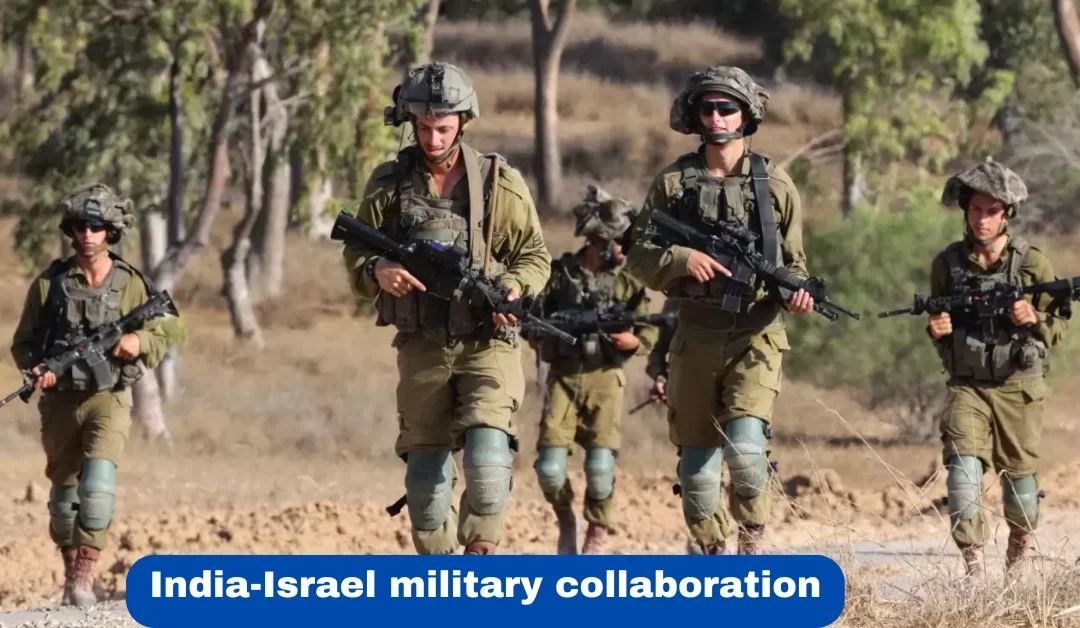Arbel Weapons System: A Game Changer in AI-Powered Warfare
Israel’s Arbel weapons system, co-developed with India’s Adani Defence & Aerospace, is a state-of-the-art tool that enhances the efficiency and accuracy of machine guns and assault rifles. This advanced technology has played a critical role in Israel’s military operations in Gaza, raising both technical acclaim and ethical concerns. Here’s a breakdown of the system, its use, and the implications of AI in modern warfare.
What is the Arbel Weapons System?
The Arbel is a revolutionary weapon system designed to improve accuracy and efficiency in combat. By integrating artificial intelligence, it transforms firearms like the Israeli-made Tavor, Carmel, and Negev into smart weapons capable of precise targeting under stressful conditions.
Key Features:
- Enhanced Accuracy: The AI-driven system reduces stray bullets, making targeting more precise.
- Operator Safety: Arbel increases the survival chances of soldiers by minimizing operational errors.
- Battlefield Adaptability: Designed for the demands of modern combat, it ensures a significant tactical edge.
Role in Gaza Conflict
Following the 7 October attacks in southern Israel, Israeli forces deployed the Arbel system in Gaza during their military operations. While this AI weapon system improves operational efficiency, it has also been linked to ethical concerns, particularly in densely populated civilian areas.
Reports from Gaza suggest widespread destruction of infrastructure, with the use of advanced AI weapons like Arbel contributing to a significant death toll. According to various estimates:
- Palestinian Casualties: Numbers range from 44,000 to over 180,000, including many women and children.
- Civilian Impact: Schools, hospitals, and refugee camps have been heavily targeted, raising international alarm.
The United Nations has expressed deep concern about the ethical use of AI in such conflicts, calling for strict adherence to international humanitarian law.
India’s Role in the Development of Arbel
The Arbel was first introduced as a joint venture between Israeli Weapons Industries (IWI) and Adani Defence & Aerospace at a defence expo in India in October 2022. The collaboration highlights a growing partnership between India and Israel in advanced military technologies.
- Production and Collaboration:
- The AI components were likely developed jointly, with final assembly in Israel.
- This partnership showcases India’s emergence as a significant player in the global arms market.
- Marketing Challenges:
- Despite Adani’s involvement, its role has been downplayed in recent marketing efforts, possibly to avoid backlash amidst escalating criticism of Israel’s Gaza campaign.
- Indian Contributions to Israeli Military:
- India has supplied drones, rocket engines, and explosives used in Israel’s ongoing operations.
- Defence collaborations between the two countries are expanding rapidly, particularly in AI-driven technologies.
Concerns and Ethical Implications
The use of AI in warfare raises significant ethical questions:
- Targeting Civilians: Critics argue that AI systems like Arbel could be misused to target civilians more efficiently.
- Testing Grounds: Gaza is viewed as a testing ground for advanced military technologies, sparking outrage from human rights groups.
- Global Proliferation: There’s fear that such technologies could be exported to regimes worldwide, leading to further human rights abuses.
India-Israel Collaboration in AI
India’s focus on AI for economic growth aligns with its deepening military ties with Israel. The country has emerged as a hub for AI innovation, attracting Israeli investments and partnerships.
- Market Growth: The Indian AI market is expected to grow to $22 billion by 2027.
- Collaborative Projects: Universities and private companies in both countries are increasingly working together on AI, robotics, and defence technologies.































